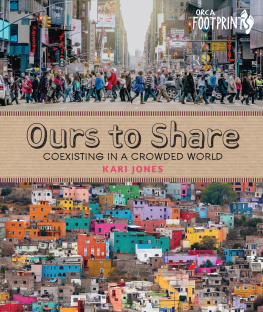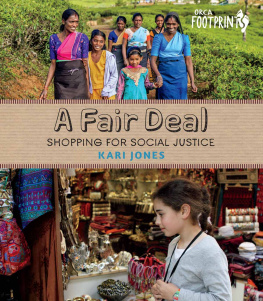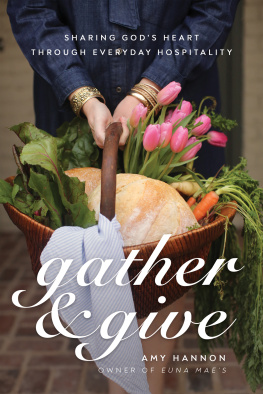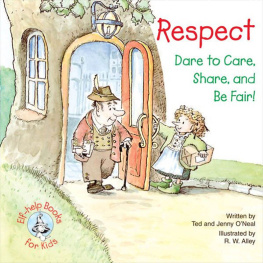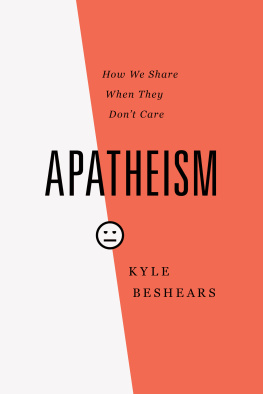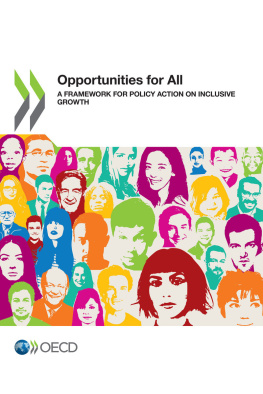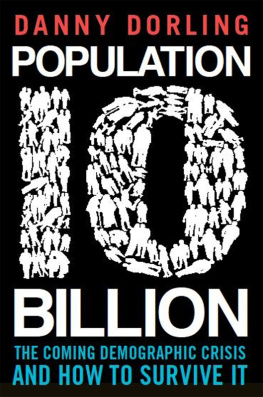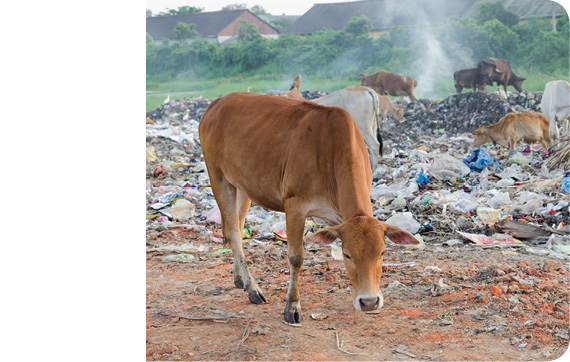Text copyright 2019 Kari Jones
All rights reserved. No part of this publication may be reproduced or transmitted in any form or by any means, electronic or mechanical, including photocopying, recording or by any information storage and retrieval system now known or to be invented, without permission in writing from the publisher.
Library and Archives Canada Cataloguing in Publication
Jones, Kari, 1966, author
(Orca footprints)
Description: Series statement: Footprints series | Includes bibliographical references and index.
Identifiers: Canadiana (print) 20190076666 | Canadiana (ebook) 20190076747 | isbn 9781459816343 (hardcover) | isbn 9781459816350 ( pdf ) | isbn 9781459816367 ( epub )
Subjects: lcsh : PopulationEnvironmental aspectsJuvenile literature.
| lcsh : OverpopulationJuvenile literature. | lcsh : Human ecology Juvenile literature. | lcsh : Social ecologyJuvenile literature. | lcsh : SustainabilityJuvenile literature. | lcsh : Natural resourcesManagement Juvenile literature. | lcsh : Environmental protectionJuvenile literature.
Classification: lcc hb 849.415. j 66 2019 | ddc j304.2dc23
Library of Congress Control Number: 2019934046
Simultaneously published in Canada and the United States in 2019
Summary: Part of the nonfiction Footprints series for middle readers, illustrated with color photographs. Examines how overpopulation leads to unequal sharing of the Earths social and natural resources.
Orca Book Publishers is committed to reducing the consumption of nonrenewable resources in the making of our books. We make every effort to use materials that support a sustainable future.
Orca Book Publishers gratefully acknowledges the support for its publishing programs provided by the following agencies: the Government of Canada, the Canada Council for the Arts and the Province of British Columbia through the BC Arts Council and the Book Publishing Tax Credit.
The author and publisher have made every effort to ensure that the information in this book was correct at the time of publication. The author and publisher do not assume any liability for any loss, damage or disruption caused by errors or omissions. Every effort has been made to trace copyright holders and to obtain their permission for the use of copyrighted material. The publisher apologizes for any errors or omissions and would be grateful if notified of any corrections that should be incorporated in future reprints or editions of this book.
Front cover photos: Shutterstock.com, Stocksy.com
Back cover image: Shutterstock.com
Edited by Sarah N. Harvey
Design and production by Teresa Bubela and Jenn Playford
Ebook by Bright Wing Books (www.brightwing.ca)
orca book publishers
www.orcabook.com
Printed and bound in China.
22 21 20 19 4 3 2 1
Chapter Two
Sharing the World
Its Our Right
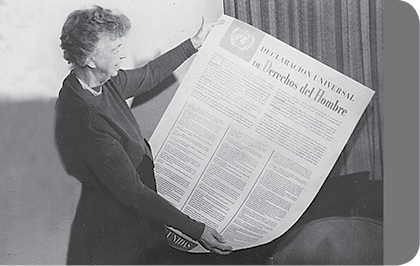
Eleanor Roosevelt holding the United Nations Universal Declaration of Human Rights. franklin d roosevelt library website/wikipedia.org
The United Nations Universal Declaration of Human Rights says that we are all born free and equal, and that everyone has the right to housing, food and other things that make our lives healthy and secure. But when we look around the world, we see many social and environmental problems that stop people from accessing their fair share of resources and opportunities.
United Nations Universal Declaration of Human Rights, Article 25
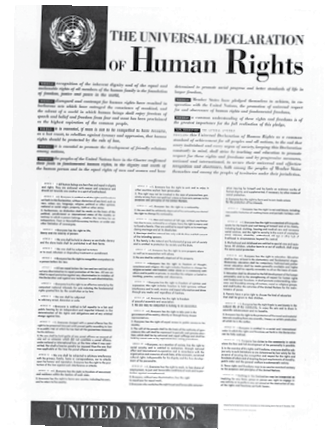
United Nations Department of Public Information/wikipedia.org
(1) Everyone has the right to a standard of living adequate for the health and well-being of himself and of his family, including food, clothing, housing and medical care and necessary social services, and the right to security in the event of unemployment, sickness, disability, widowhood, old age or other lack of livelihood in circumstances beyond his control.
(2) Motherhood and childhood are entitled to special care and assistance. All children, whether born in or out of wedlock, shall enjoy the same social protection.
Go Sweden!
Overpopulation is a major cause of many of the environmental and social problems we face in the world today. It makes sense. If one person dumps garbage on the ground its not a big deal, but if everyone does we have a garbage problem.The Fresh Kills landfill on Staten Island in New York was so big it could be seen from space. At its peak it was receiving 13,000 tons of garbage a day. And it was just one of millions of landfills around the world. About 10 percent of the worlds plastics end up in the ocean, causing over a million seabirds and 100,000 marine mammals to die every year because they mistake plastics for food.
Fortunately there are solutions to the garbage problem. In Sweden garbage is used to create energy. Theyve done such a good job recycling and burning waste that only one percent of their garbage ends up in landfills. In fact, Swedes have become so good at recycling and burning waste that theyve run out of garbage and now have to import it from other countries to make energy.
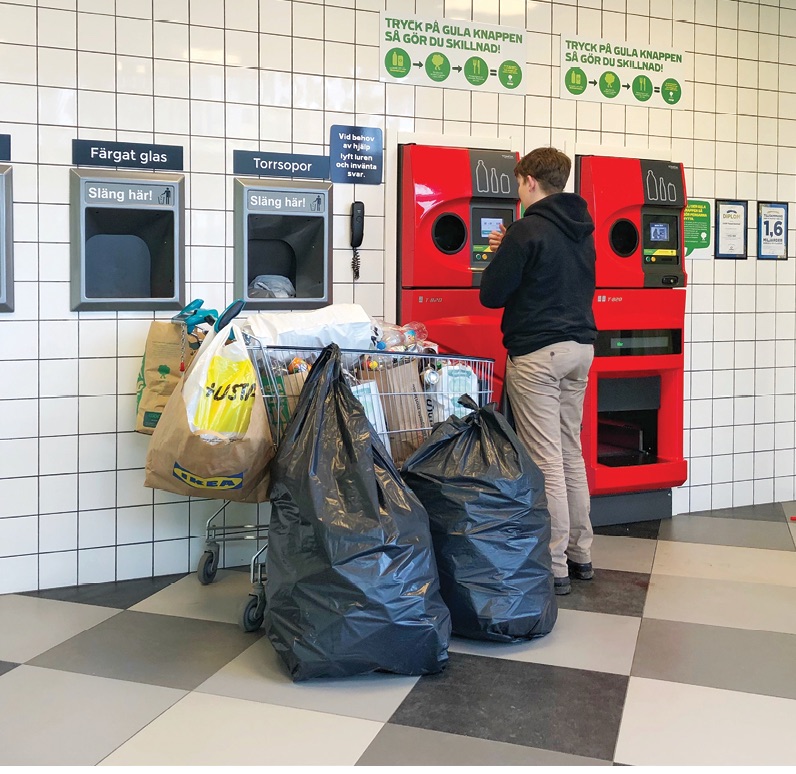
You can sell your plastic waste at a recycling machine at Coop supermarket in Karlstad City, Sweden. appleyayee/shutterstock.com
Running Dry
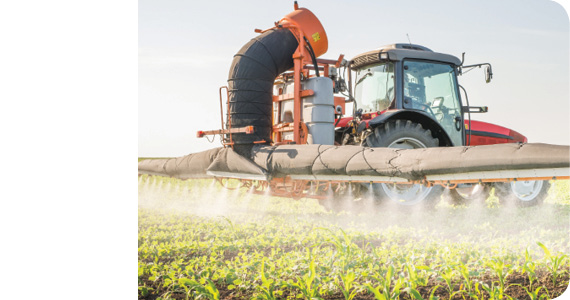
Tractor spraying pesticides on soybean crop. Dusan Kostic/Dreamstime.com
Overpopulation has other consequences. The Colorado and Rio Grande Rivers in the United States, the Yellow River in China and the Indus and Ganges Rivers in South Asia no longer reach the sea. So much of their water is being used for irrigation, urban development and hydroelectricenergy, there is none left to flow back into the ocean.
We are also losing our farmland: scientists say we have lost a third of our arable land (land suitable for growing crops) in the past forty years. Its not just that people are building on land that could be used for farming. Its also that farmlands are being used so intensely their soil is losing its nutrients. Farmers are forced to use more and more artificial fertilizers and pesticides, causing the soil to degrade until it can no longer grow plants. Degraded soils are more vulnerable to erosion, and topsoil often ends up in rivers, causing water pollution.
Loss of clean water and lack of access to food are issues that people around the world are already struggling with. Today nearly one billion people dont have access to clean drinking water, and countries in South Asia, the Near East and North Africa have no more land left to cultivate.
DENSITY FACT: Experts predict that by 2030, 47 percent of people will be living in areas of high water stress.
Thats Not Fair

